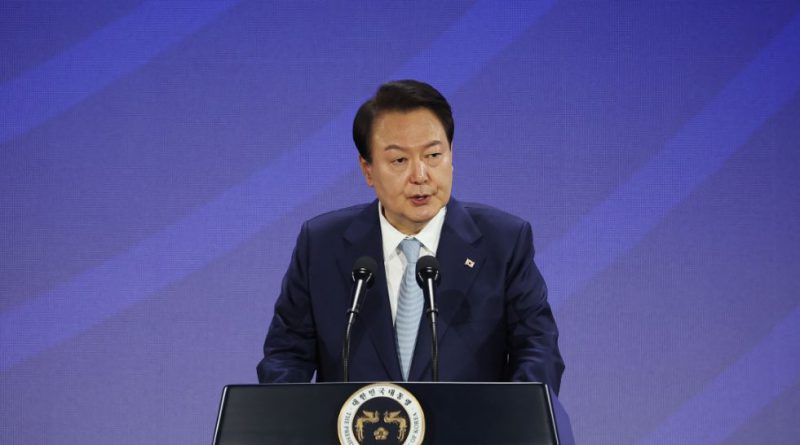Bank of Korea board member says must coordinate policy to respond to financial stability risks
“Financial stability cannot be taken for granted; policy coordination is essential to navigate emerging risks,” said Shin Sung-hwan, a board member of the Bank of Korea.
South Korea’s central bank is emphasizing the critical importance of coordinated policy measures to safeguard the nation’s financial system amid evolving risks, according to statements by board member Shin Sung-hwan.
Speaking in the wake of the Bank of Korea’s recent decision to maintain interest rates, Shin highlighted the delicate balance policymakers must strike between fostering growth and curbing financial instability.
“While household debt growth shows tentative signs of stabilization due to government interventions, ongoing expectations for rising housing prices in the capital region demand vigilant policy coordination,” Shin noted. He stressed that easing financial conditions without careful oversight could reignite vulnerabilities in the economy, necessitating continued application of macroprudential measures.
The remarks come as South Korea faces mounting pressures on its housing market. Despite slowing growth in household debt in July, figures accelerated again in August, underscoring the challenges of maintaining financial equilibrium in Asia’s fourth-largest economy. The government, under President Lee Jae Myung, has implemented targeted policy interventions aimed at containing sharp increases in home prices.
Shin, considered a dovish voice on the bank’s monetary policy board, had advocated for a rate cut at last month’s meeting. However, the board ultimately opted to hold the policy interest rate steady, reflecting a cautious approach amidst potential financial stability concerns. Another board member, Hwang Kun-il, emphasized the difficulty of timing future rate reductions, citing the need for prudence to preserve economic resilience.
The Bank of Korea’s position underscores a broader strategic objective: maintaining a stable financial environment while supporting sustainable growth. Experts say this approach reflects the institution’s commitment to mitigating systemic risk through proactive coordination with government policy, particularly in the housing and credit sectors.



